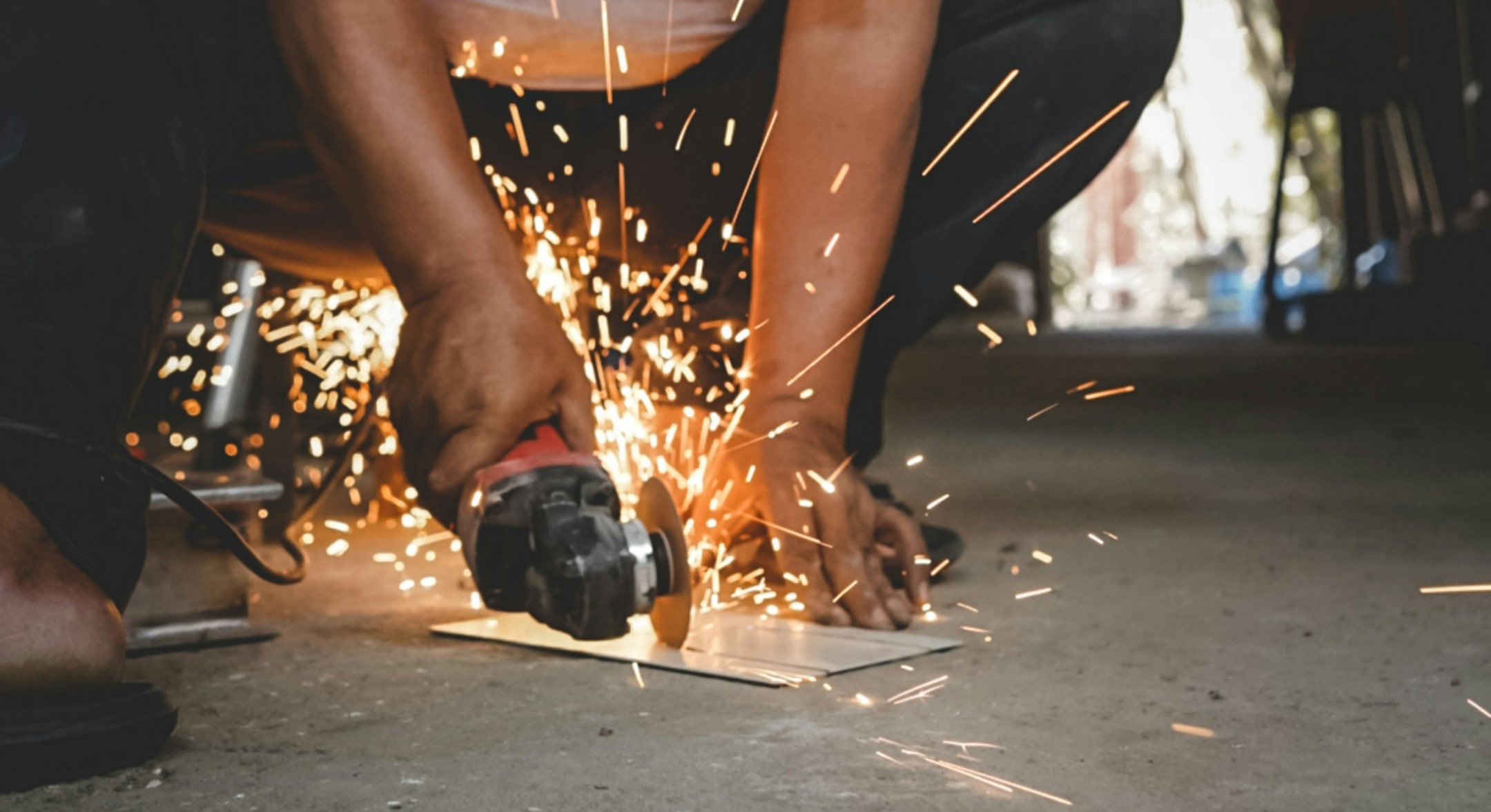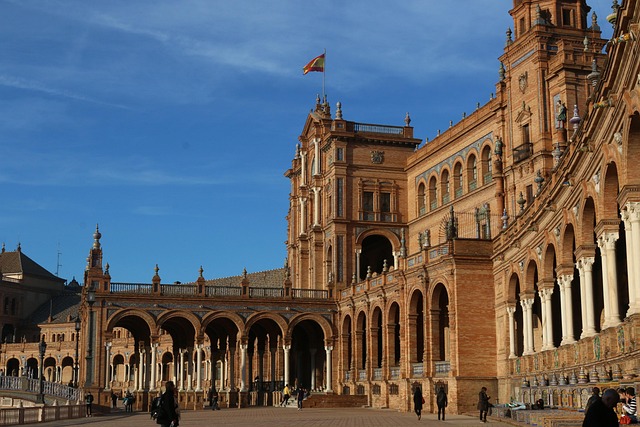The world is eyeing Africa’s minerals, it’s time to strike while the iron (and lithium) are hot
Blogs and News

This opinion was published on Business Day on September 19, 2024.
History warns us: simply having resources doesn’t guarantee prosperity. Africa has long been a supplier of raw materials, shipping off cocoa, gold, diamonds, oil, and now critical minerals, while others take in the profits from manufacturing and innovation.
With vast reserves of transition minerals like copper, lithium, cobalt, and nickel, Africa has what the world needs to power clean energy technologies, and reduce energy poverty. These resources are the building blocks for batteries, solar panels, and electric vehicles—the backbone of the global energy transition. But without decisive action, Africa risks once again to lose its raw resources while others reap the benefits of the value-added industries they power.
Currently, Africa holds over 40% of the world’s reserves of these transition minerals. The Democratic Republic of Congo (DRC) alone hosts 60% of the world’s cobalt, a key element for electric vehicle batteries. Yet, despite this abundance, Africa sees little of the economic benefits drawn by the exploitation of those resources. Most of our minerals are exported raw—57% to China alone—with the value-added elsewhere.
This week, Publish What You Pay released new economic modelling that shows African countries could unlock $24 billion a year in GDP and create 2.3 million jobs if we invested much more in manufacturing these minerals domestically. Instead of simply supplying raw materials, Africa could become a global hub for clean energy innovation, reaping the benefits at home.
To avoid falling into the same old trap, Africa must take control of its own supply chains. The opportunity is there—but we need to act fast. By building industries that transform these minerals locally, Africa can capture more of the value that has traditionally flowed overseas. This isn’t just about resource extraction; it’s about economic sovereignty and creating industries that power Africa’s own development.
It’s also about ensuring a fair access to energy for our population. Africa is home to 600 million people without access to electricity. The minerals needed to build renewable energy systems are right beneath our feet, but instead of building infrastructure here, we’re exporting them for others to develop. This must change.
For this vision to become a reality, Africa’s leaders must work together. The African Continental Free Trade Area (AfCFTA) is a crucial platform that can help African nations trade more easily with each other, especially when it comes to minerals. Right now, just 2% of our mineral trade stays within Africa—an enormous missed opportunity. The AfCFTA can help us build regional value chains, reduce dependence on external markets, and foster homegrown industries.
Additionally, the African Union’s Green Minerals Strategy, still in development, could provide a much-needed roadmap for regional integration. African leaders must commit to seeing this strategy through, ensuring that Africa’s mineral wealth benefits Africans—not just global markets.
We can also do things better. Mining in Africa has long been linked to environmental degradation, displacement of communities, and human rights abuses. This time, things must be done in a different way. Transition minerals, while crucial to the world’s green future, cannot come at the expense of African communities and ecosystems.
The global demand for transition minerals will only intensify, and wealthy nations are already positioning themselves to secure these resources for their own benefit. The U.S. is offering tax breaks to companies that process minerals domestically, while the EU aims to process 40% of its critical minerals within its own borders by 2030. If Africa doesn’t act, we’ll be left out of the most profitable segments of the value chain—again.
But Africa has a chance to change the narrative. We have the resources, the talent, and the drive to develop industries that serve our people first. Cooperation, investment, good governance, and strong policies are key. Africa must seize control of its future, ensuring that our mineral wealth translates into jobs, economic growth, and energy security.
This is Africa’s moment. The world needs our minerals, but we must decide how they’ll be used. Will they power prosperity for someone else, or will they build a better future for Africa?










